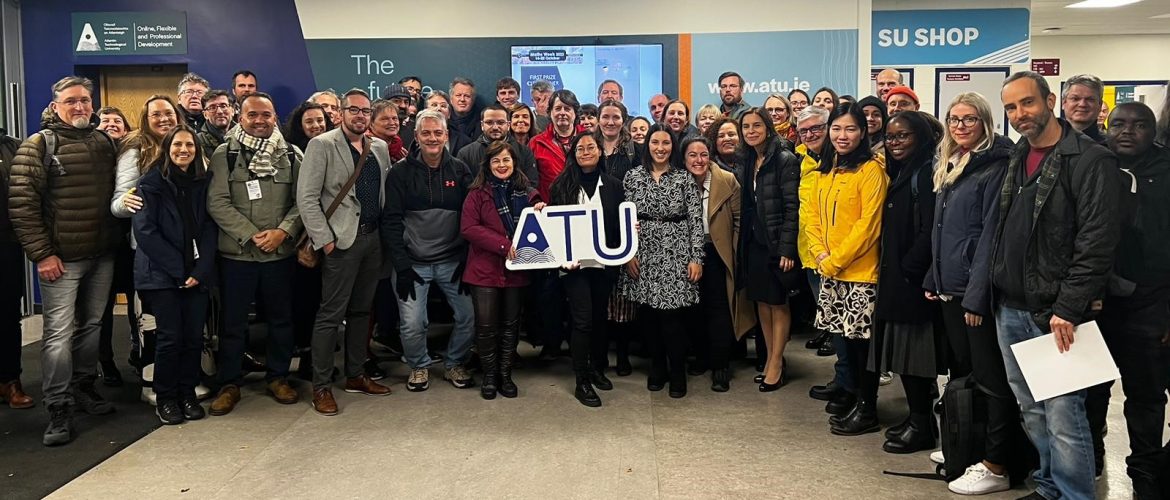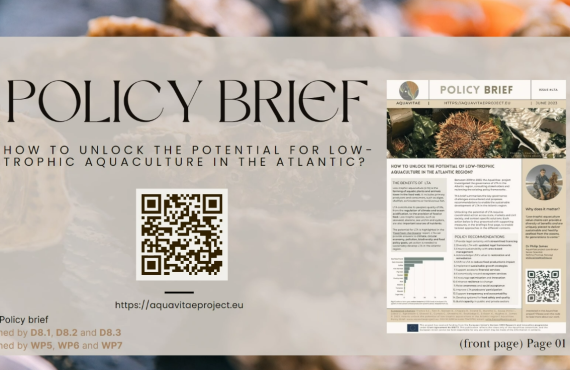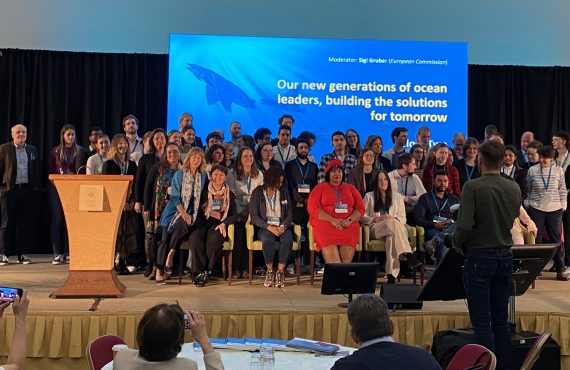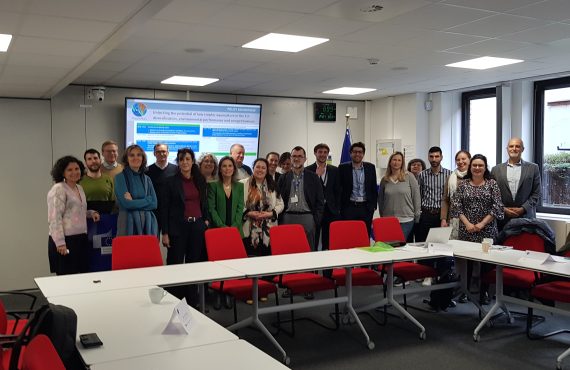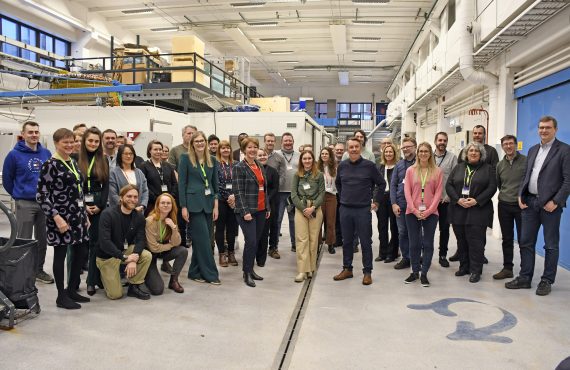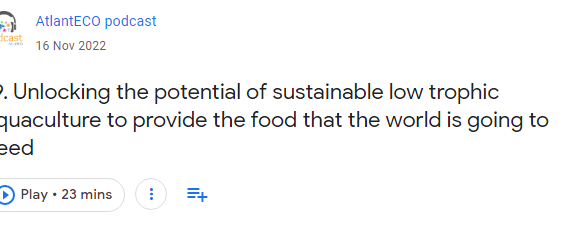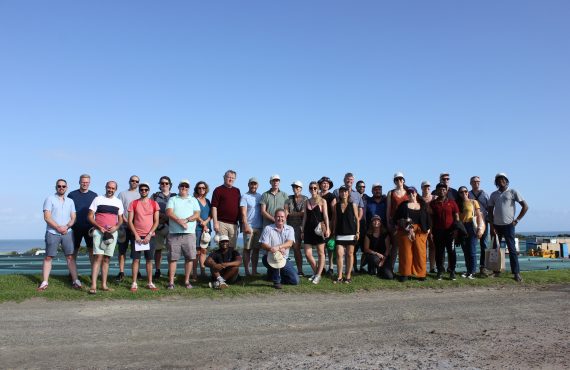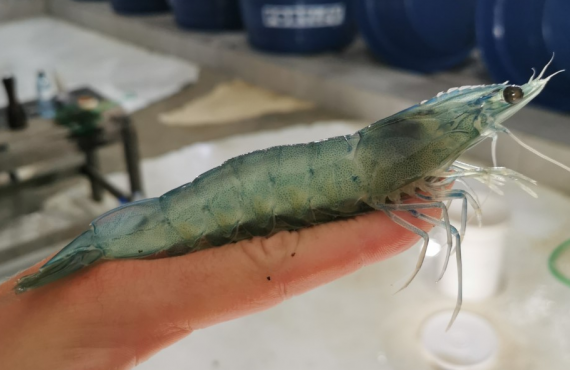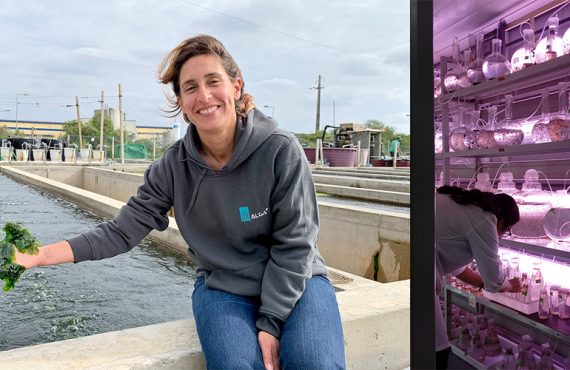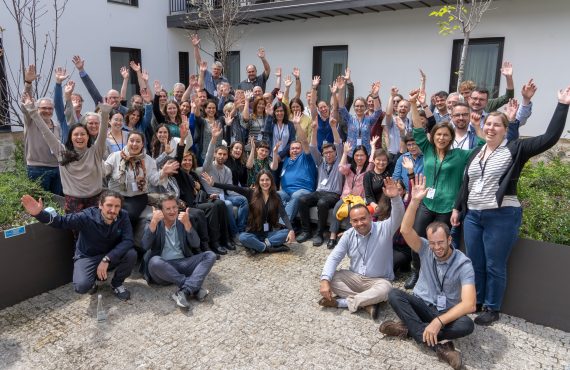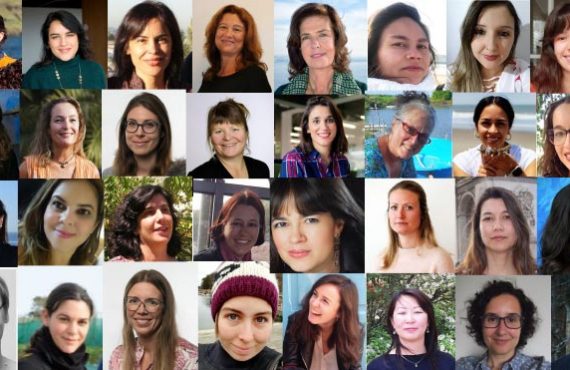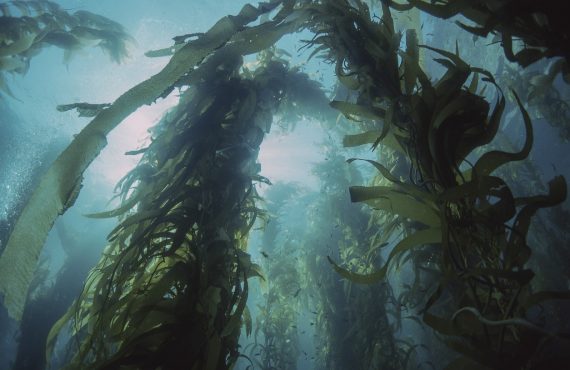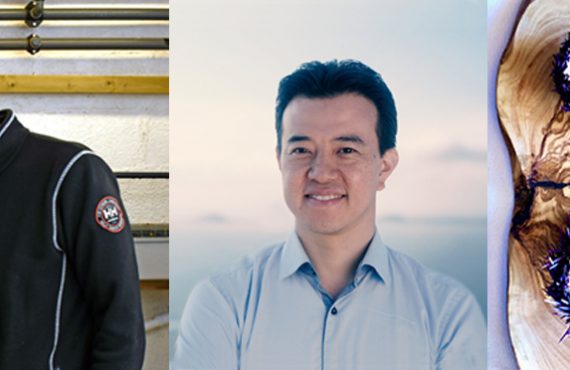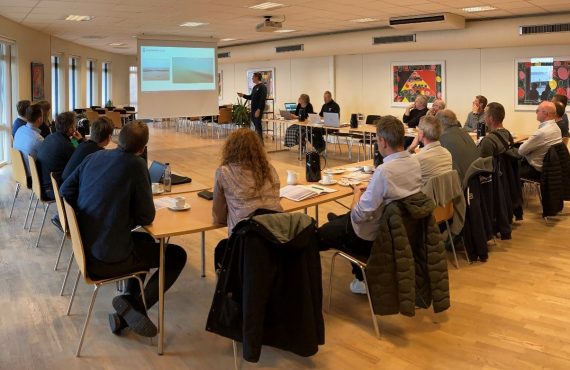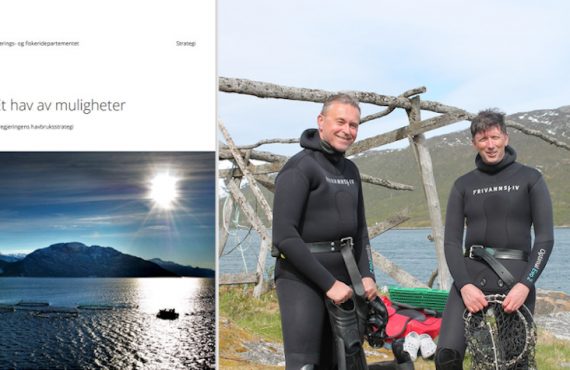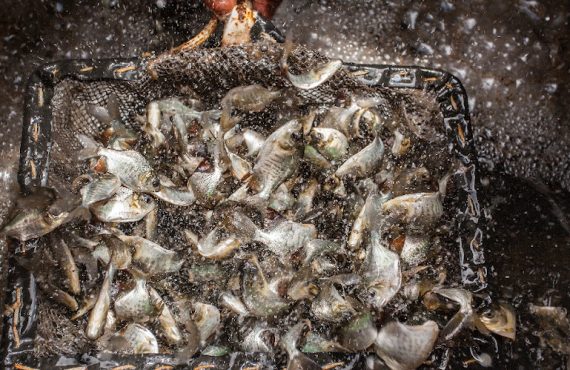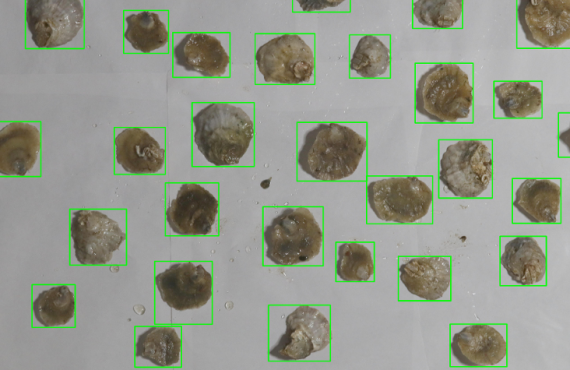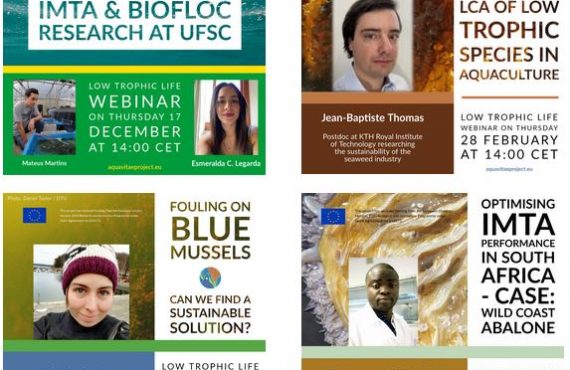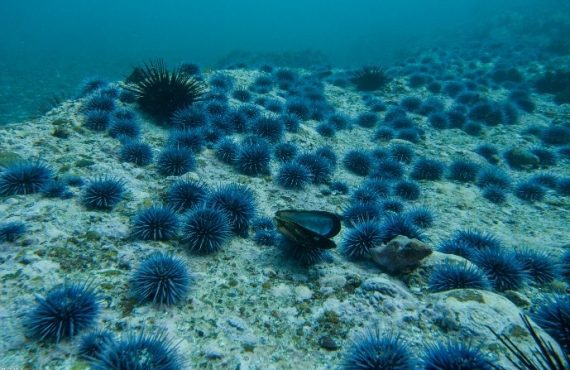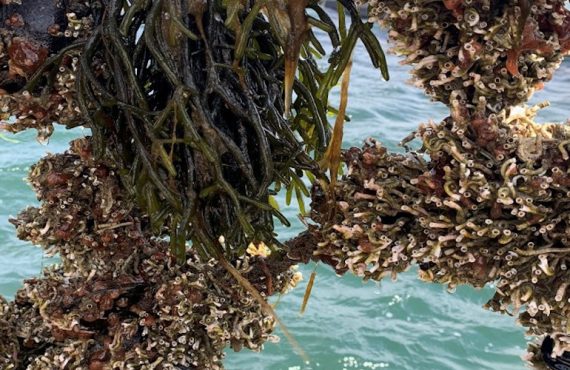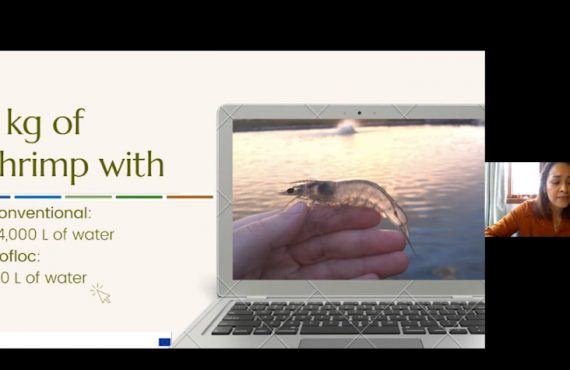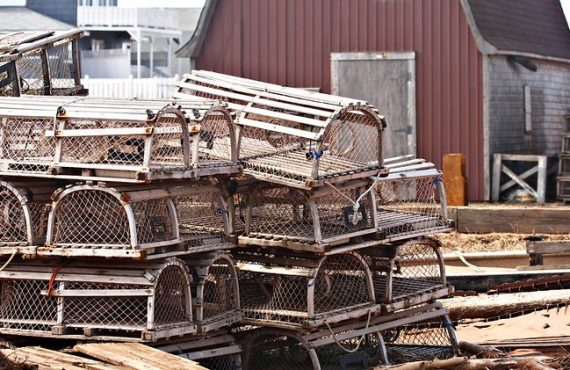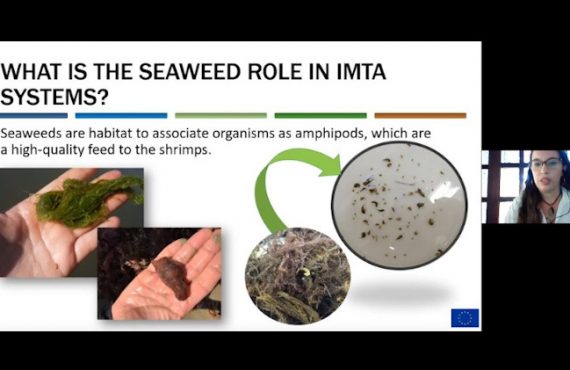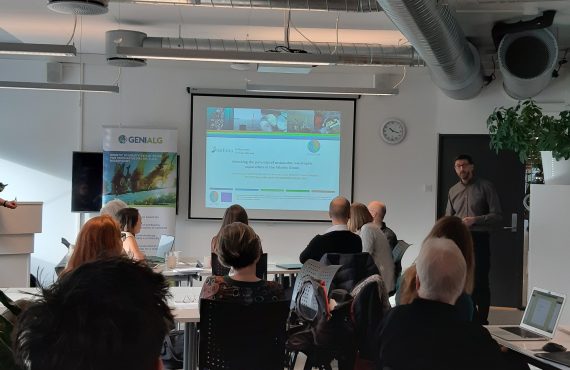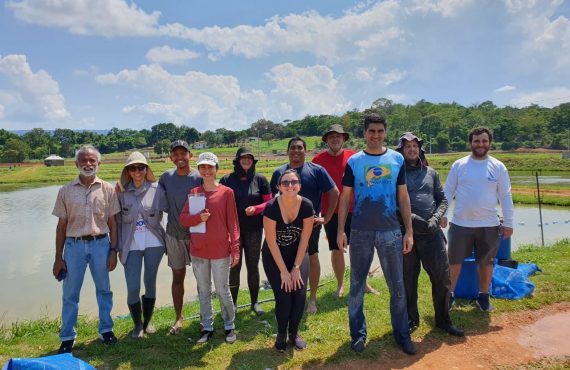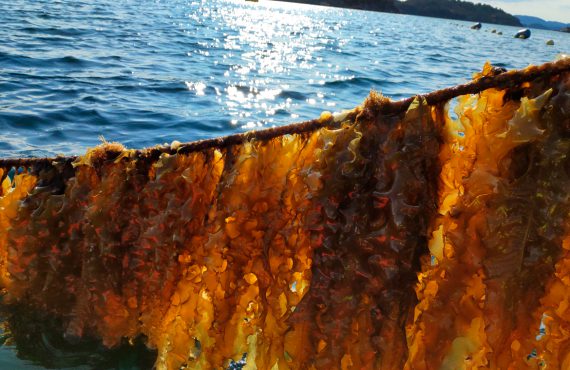AquaVitae ´s Consortium in Galway, Ireland, during the Final Conference where the final results and impact of the project were presented.
After four and a half years, the AquaVitae project held its Final Conference on the 31st October and 1st November in Galway, Ireland, at the Atlantic Technology University (ATU). Over 80 participants from a range of different countries, representing the Consortium, stakeholders and the general public, attended physically and online.
Philip James, AquaVitae´s coordinator, opened the event and highlighted the global challenges we are facing in terms of climate change and achieving food supply and security. He also highlighted how low trophic aquaculture can be part of the solution to these challenges. The conference highlighted the advantages and potential of low trophic aquaculture, shown through the project research conducted by 35 project partners across the Atlantic. This research has led to the development of new products and protocols for the cultivation of low trophic species as well as new and improved technological equipment. Importantly, the low carbon footprint of low trophic aquaculture has been in focus during the project, showing that aquaculture with low trophic species can mitigate the carbon footprint of other food production systems.

In addition, a Policy Brief which provides governance recommendations for the utilization of low trophic aquaculture and actionable recommendations on how to increase the production of low trophic species across the Atlantic were presented at the final conference.
The voice of the Atlantic network
The Galway meeting also included a stakeholder event. Representatives from the industry and policy makers from different countries across the Atlantic participated in panel discussion regarding low trophic aquaculture in their region. Legal, administrative and social issues were discussed to understand the different scenarios in Europe, South Africa and Brazil.
Additionally, early career professionals from the AquaVitae exchange programme participated in the event by sharing their experience within the project.

Continuing education
To ensure the education of future generations of aquaculture stakeholders a MOOC (Massive Open Online Course) was launched in April 2023, where people can sign up to learn more about low trophic species and related topics such as governance and business economics. Currently, over 400 students have enrolled in the MOOC. Additionally, an AquaVitae board game has been created to learn about the benefits of growing low trophic species, and using sustainability as a key pillar for future aquaculture.
The conference was recorded and will be available on the website within the next few weeks.
On Behalf of the AquaVitae consortium we want to say thank to those who attended the conference, and it was a pleasure to present the results from the project to a wider audience.



